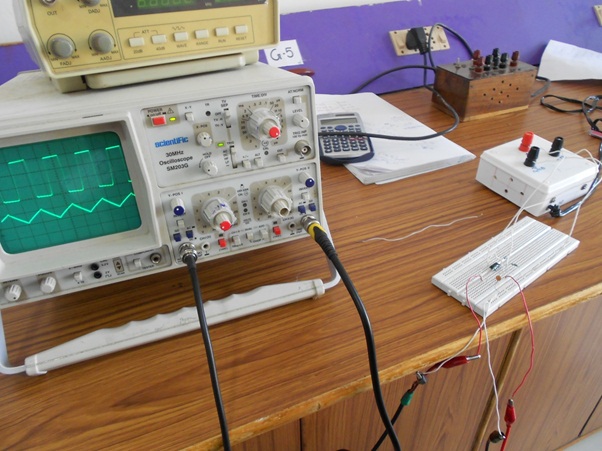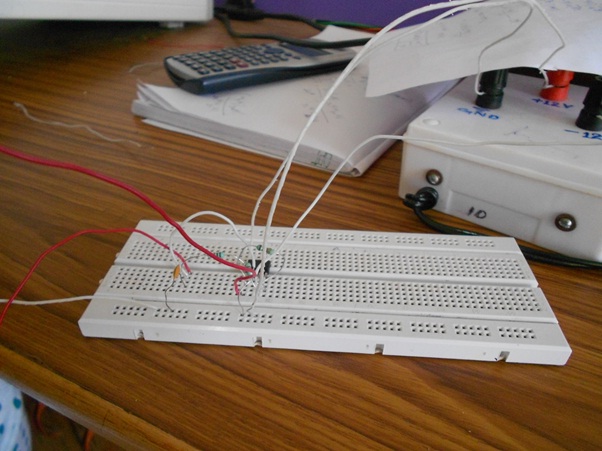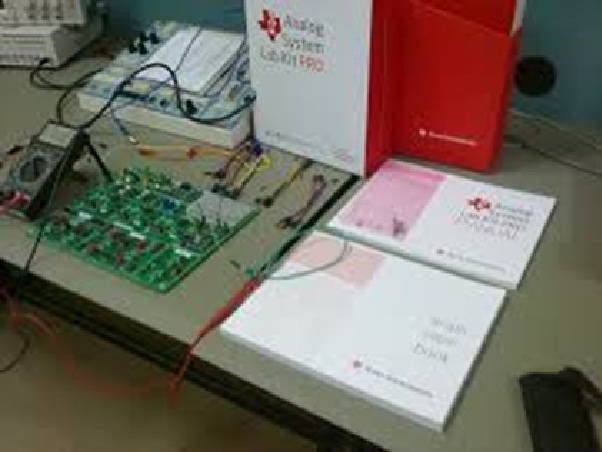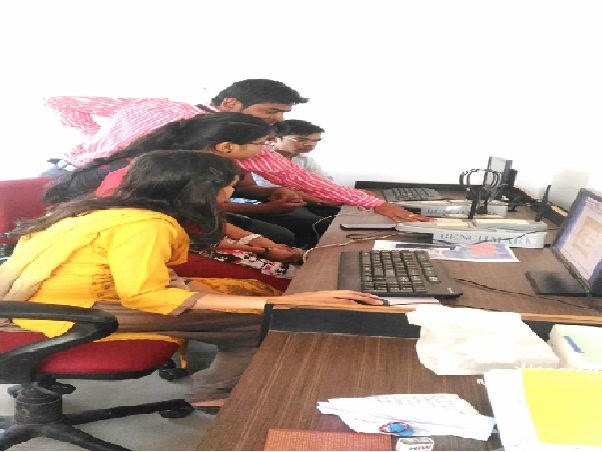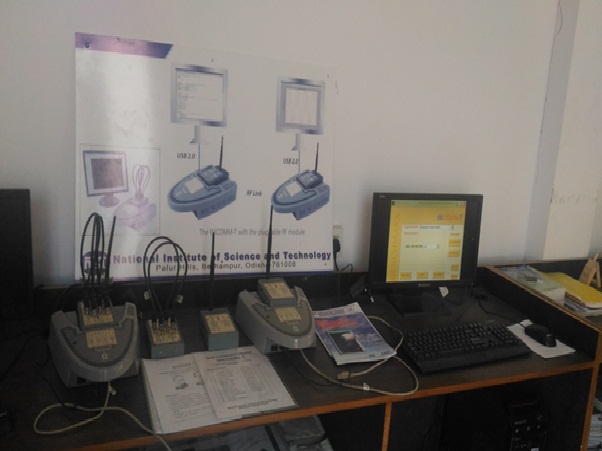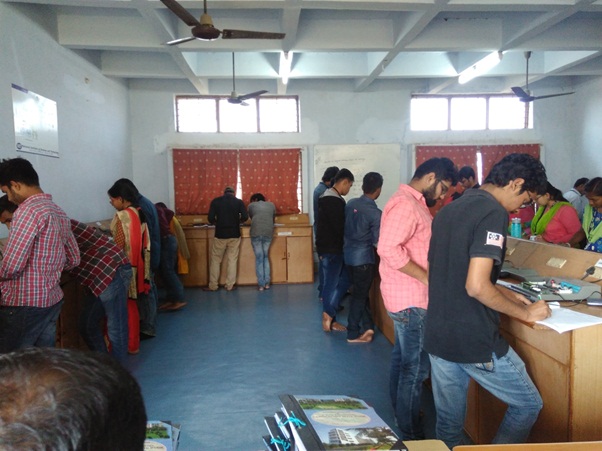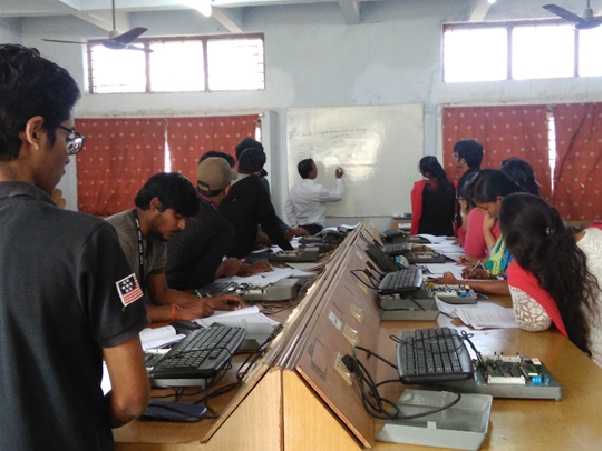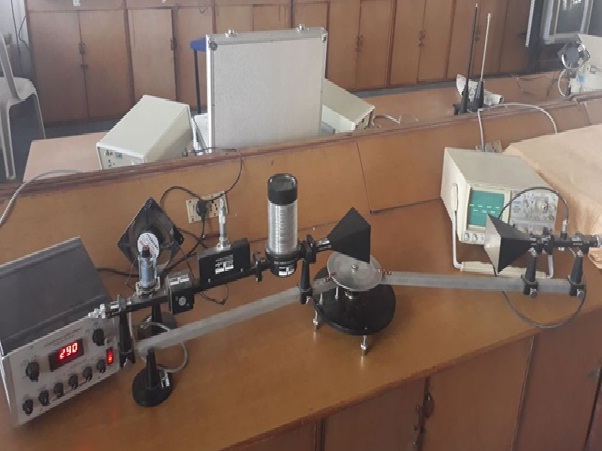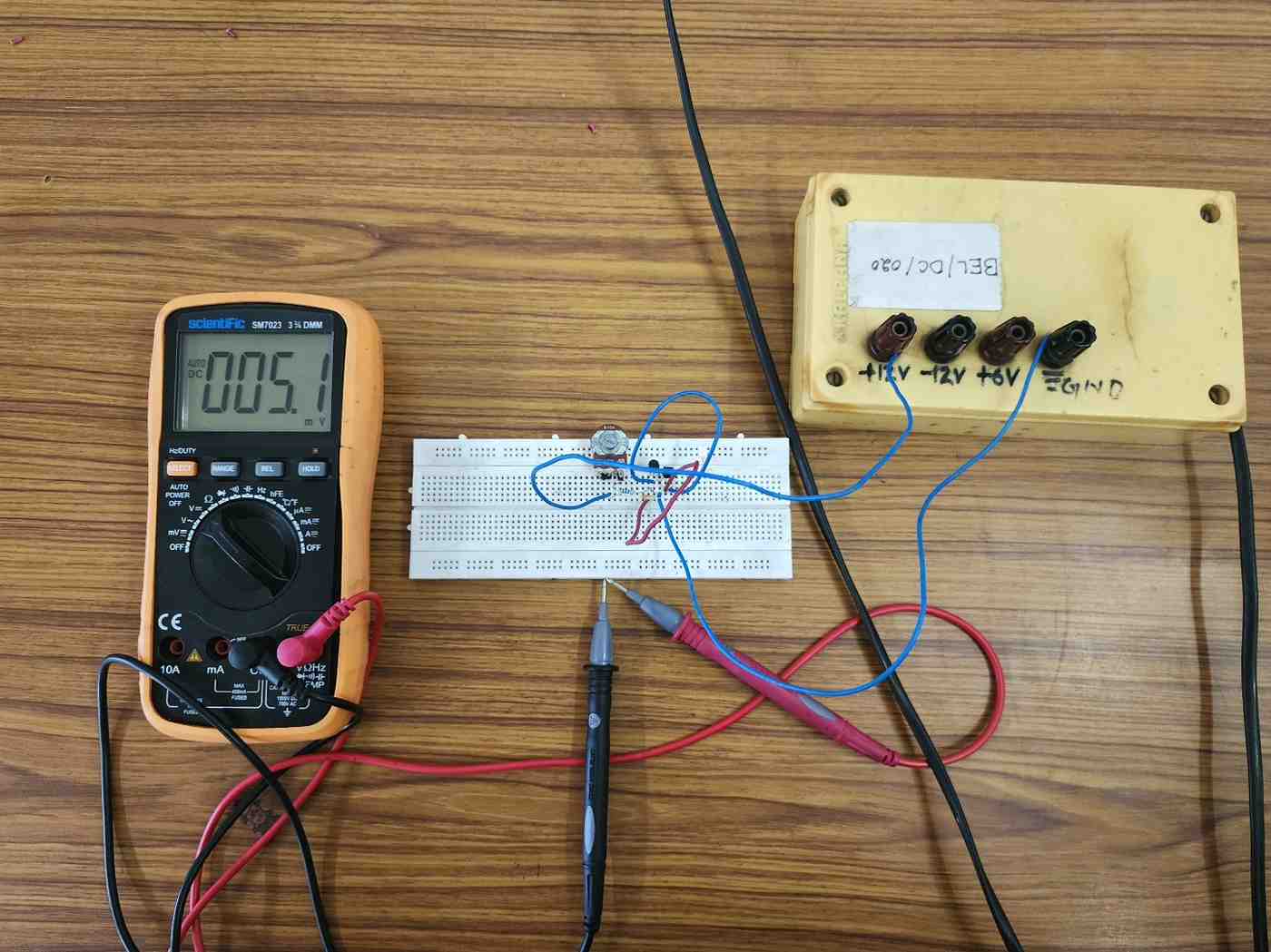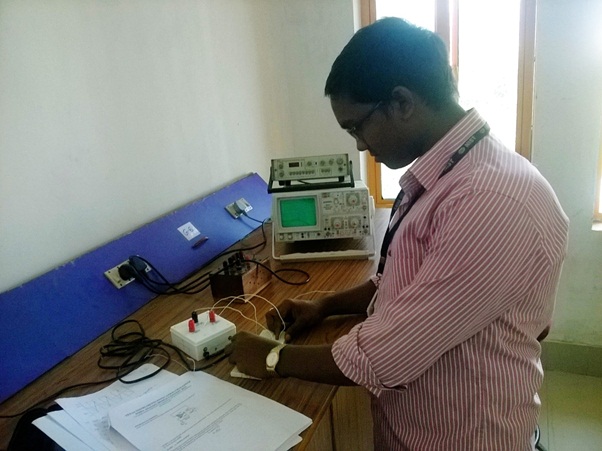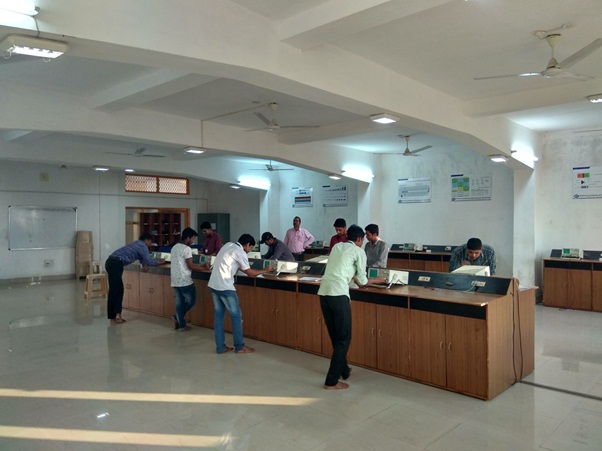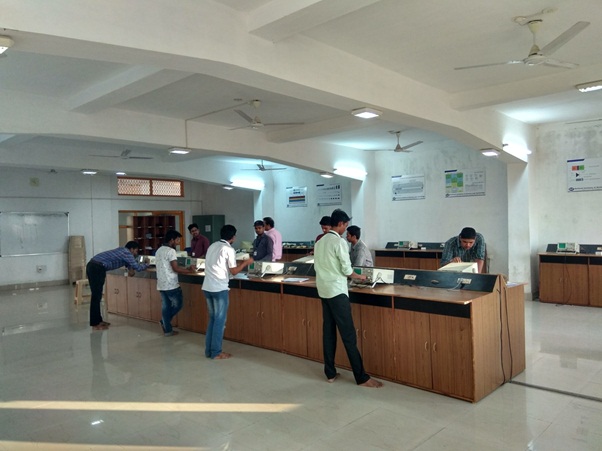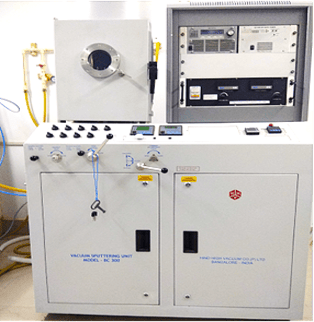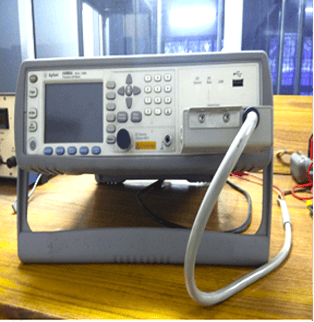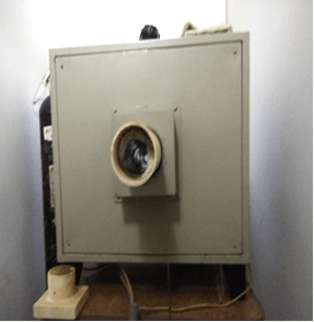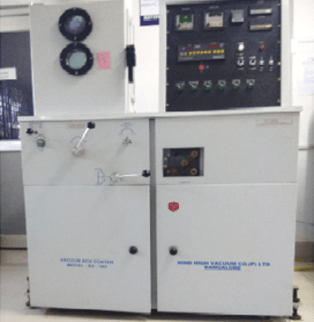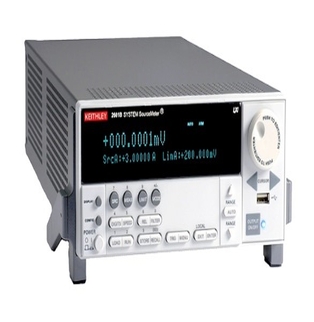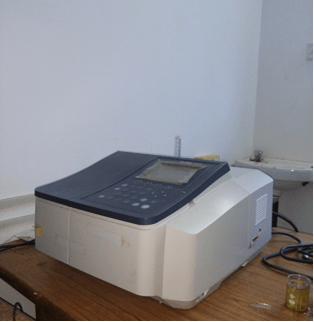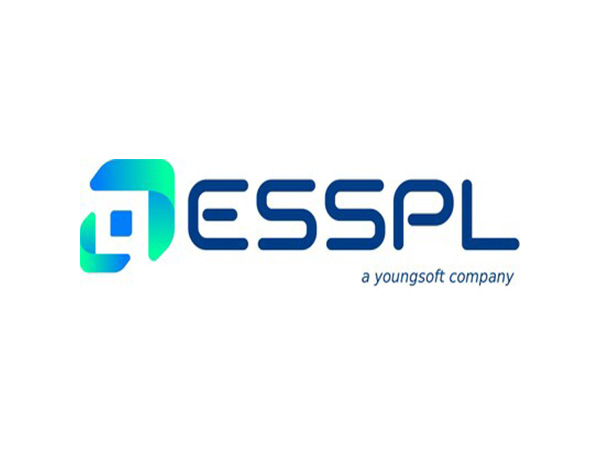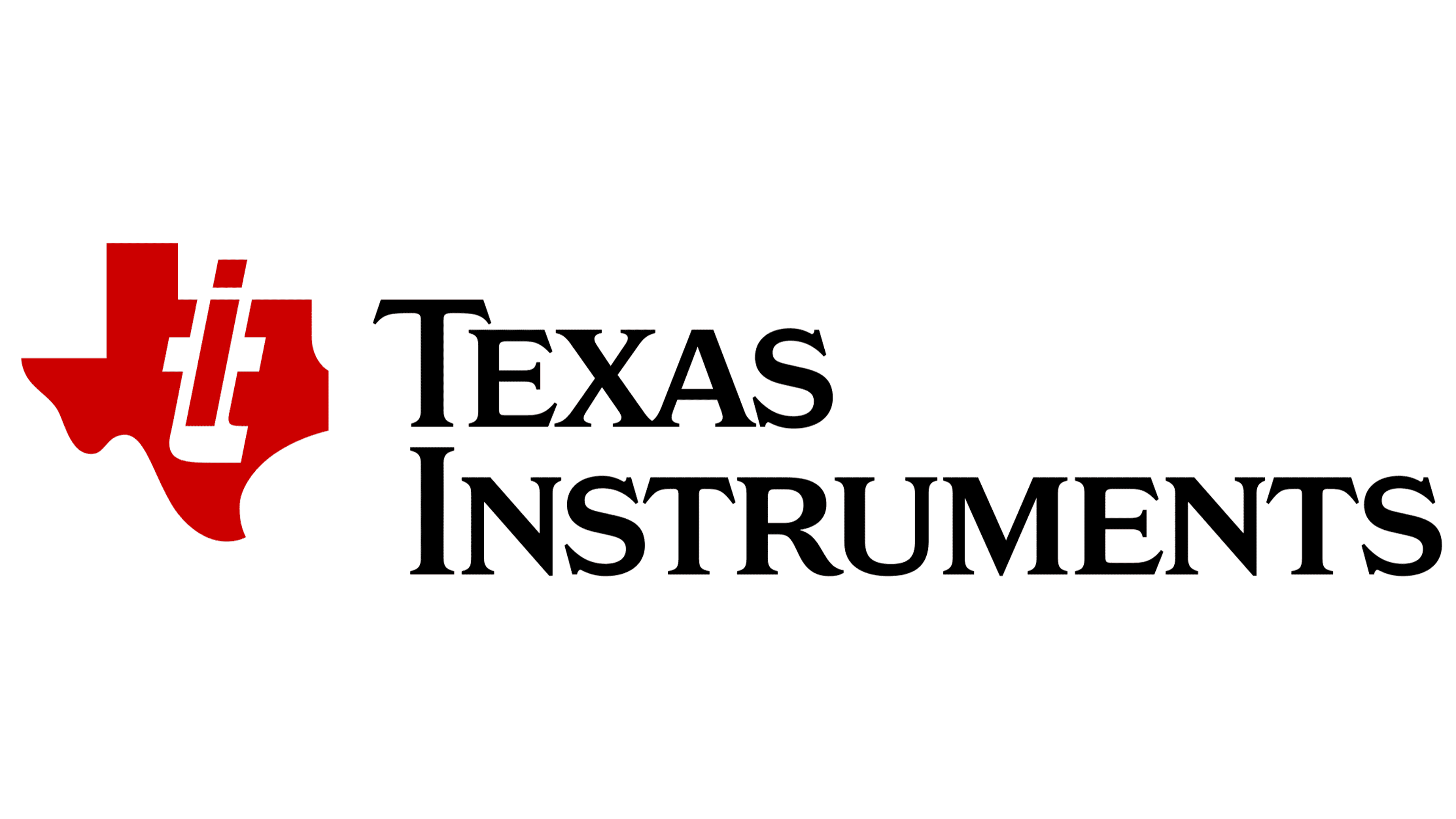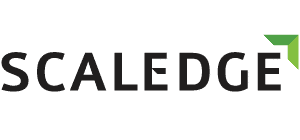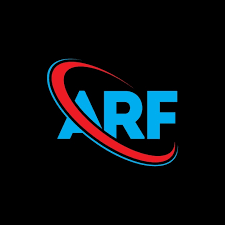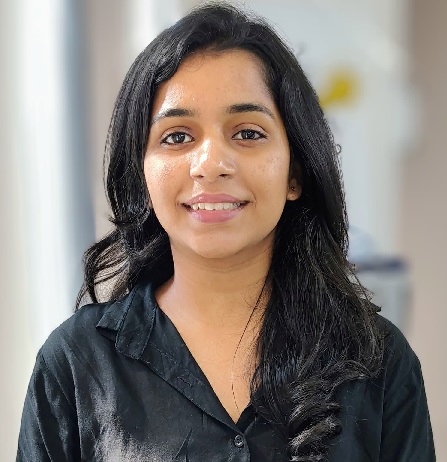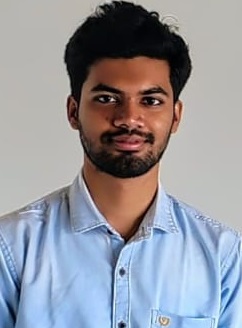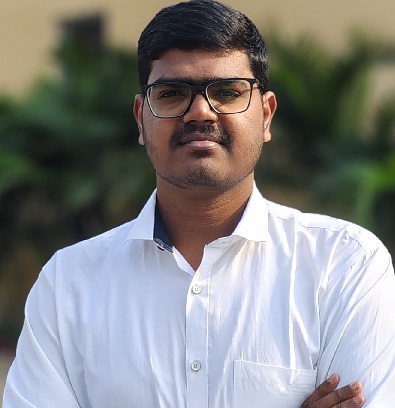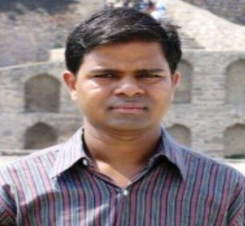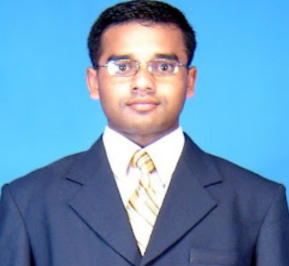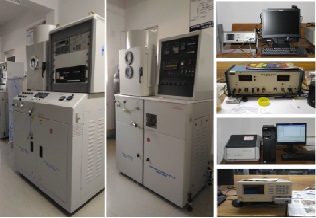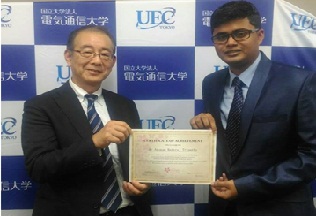- THIS IS NIST
-
-
THIS IS NIST
The life at NIST is a time when you can decide your career. Life at college is a wild mish-mash of experiences, it’s a time of dreams and innumerable paths. Every nook and corner of the college you’d find a peaceful spot full of natural surroundings.
-
-
- CAMPUS
-
-
CAMPUS
The University campus is situated in palur hills and is based on several buildings, all next to each other. The buildings are spacious with facilities that enable students to enjoy a successful academic and social life. The campus comprises of a library, laboratories, classrooms, a gym and a cafeteria and administration and faculty offices.
-
-
- ACADEMIC
-
-
ACADEMIC
Students have the opportunity to discuss their short and long-term goals, assessment test results, planned programs of study and degree/certificate program requirements with professionally prepared academic advisors.
-
-
SCHOOL OF ENGINEERING
B.TECH
- Computer Science and Engineering
- CSE (AI & ML)
- CSE (AI & DS)
- CSE (AI & Cyber Security)
- CS + Business Systems
- CS + Business Systems (TCS Supported)
- Electronics and Communication Engineering
- ECE (VLSI Design & Technology)
- Electrical & Electronics Engineering
- Mechanical Engineering
- Mechanical Engineering (AI & Robotics)
- Electrical Engineering
- Civil Engineering
-
M.TECH
- Computer Science Engineering
- Electronics and Communication Engineering
- VLSI Embedded System Design
- Electrical Engineering
- Mechanical and Automation Engineering
- SCHOOL OF SCIENCE B.Sc. M.Sc. SCHOOL OF MANAGEMENT BBA BBA (Hospital Management) MBA MBA - Business Analytics MBA - Hospital Administration
- SCHOOL OF HEALTH SCIENCE B.Pharma Bachelor in Medical Lab Technology* Bachelor in Physiotherapy* Bachelor in Optometry & Vision Science* Bachelor in Nursing* M.Pharma* SCHOOL OF AGRICULTURE B.Sc Agricultural Science* M.Sc Agricultural Science* ACADEMIC CALENDAR CREDIT STRUCTURE RULE & REGULATIONS
-
- RESEARCH
-
-
RESEARCH & INNOVATION
Our research spans established and emerging areas and multiple fields including renewable energy, computer science, agriculture, AI and engineering. Our expertise and strength attract hundreds of students annually from various states to carry out research.
-
-
- INCUBATIONS
-
-
INCUBATIONS
Our incubation hub is where academic excellence meets entrepreneurial ambition. We provide a launchpad for student-led startups, offering tailored mentorship, industry connections, and prototyping facilities to de-risk innovation and turn visionary concepts into viable businesses.
-
-
- COLLABORATIONS
-
-
COLLABORATIONS
We believe the most complex challenges are solved through partnership. We forge strategic alliances with industry leaders, research institutions, and global organizations to combine expertise, share resources, and accelerate innovation. Together, we translate cutting-edge research into real-world solutions that create meaningful impact.
-
-
- CAREER DEVELOPMENT
-
-
CAREER DEVELOPMENT
NIST University is one of the premier engineering colleges of India, maintaining an excellent academic record. The Institute\'s Training and Placement Section provides a launch pad for students to make it to the best organizations in the fields of software, core industries, and management.
-
-
- STUDENT LIFE
-
-
STUDENT LIFE
Life at NIST is a vibrant tapestry of learning, innovation, and community. Beyond our rigorous academics, students thrive in a dynamic ecosystem of technical clubs, cultural festivals, and competitive sports. Our campus is designed to foster collaboration, leadership, and lifelong friendships, shaping well-rounded individuals ready to make their mark on the world.
-
-
- EXAM NOTICE
- NBA DCS
- ADMISSION 2026
-
-
NIST ADMISSION
Apply for the NIST Entrance Examination (NISTEE)! Explore future-ready programs, a supportive learning environment, and opportunities that prepare you for real-world success. Begin your journey toward excellence today with state-of-the-art facilities, expert faculty mentorship, and a campus that nurtures innovation, leadership, and holistic growth.
-
-


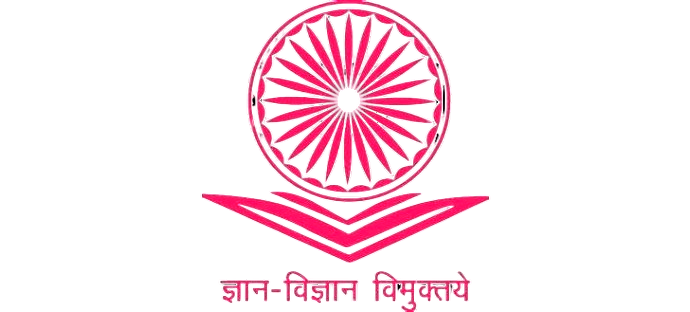
 (1)-Photoroom.png)
